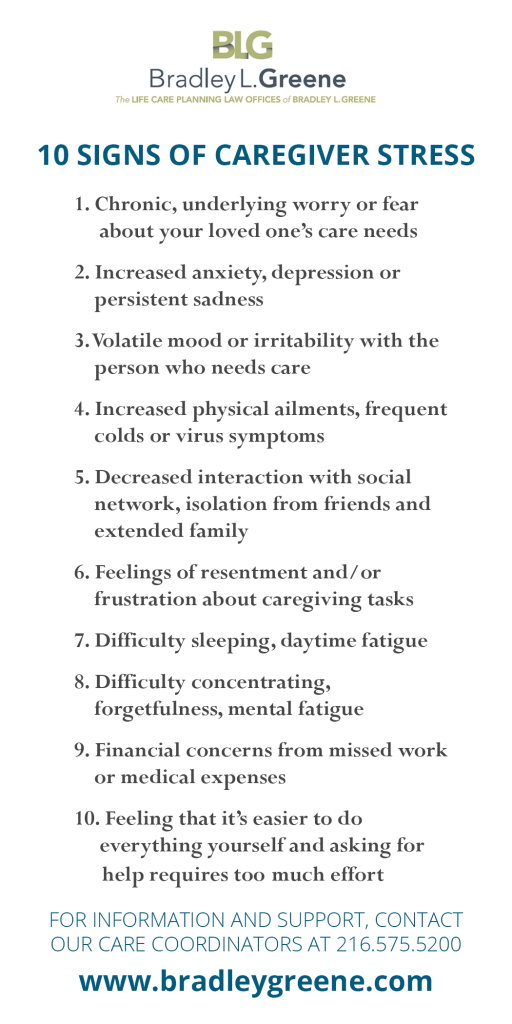Guide to Paying for Long Term Care

Long term care is expensive.
According to the Ohio Department of Medicaid, the average rate for a semi-private nursing home room in the state of Ohio is more than $6,300 per month. Our current estimates for Cleveland and surrounding communities is closer to $9,000 per month, and these costs are expected to increase by at least 25% in the next ten years.
Factors such as age, health status, income level, family dynamics and geographic location all impact the cost of senior care. In some situations, such as recovery from surgery or accident, short term nursing home care may be covered by Medicare or your private health insurance. But care that goes beyond short-term recovery does not fall under this benefit. So how do people pay for long term care?
Out of Pocket: Very few people are in a position to pay privately for extended nursing home care. Based on the monthly estimates mentioned above, it would cost approximately $100K for one year of care in a Cleveland-area facility. The average length of stay in a nursing home is just over two years, but progressive illnesses such as dementia often involve long term care of five years or more. Even if you think you might have enough savings and investments to cover the full cost of such care, we still suggest talking to a qualified professional who can help guide you through the process and ensure that your assets and financial future are secure.
Long Term Care Insurance: Over the last 20 years, Long Term Care Insurance has become a popular option for those who anticipate they may need care in the future. Typically, the policy will pay a daily rate for home care, assisted living or long term care based on a number of factors that differ with each plan. These policies are most cost effective when purchased at a young age, as premiums increase the older you get. And high premiums don’t always ensure that a plan will cover the entire cost of long term care.
For example, if you have Social Security income of $2000 per month and your policy pays $100 per day ($3000/month), this equals a total of $5000 per month to cover care expenses. If the cost of care is $9,000 per month, then your family could be left with the responsibility of paying the remaining $4000 in care expenses, unless you have other assets to cover the shortfall.
Medicaid Spend Down: While Medicaid accounts for the largest percentage of payments to long term care facilities, most patients do not immediately qualify for Medicaid coverage. In order to qualify for Medicaid, recipients must pay for care and other qualifying expenses out-of-pocket until their assets reach below each state’s eligibility amount. Factors to be considered include marital status, real estate, life insurance policies, business relationships, investments, etc. But once Medicaid is in place, you do not have to cover any shortfall between your income and the total cost of care.
Trusts: Whether you want to plan for the future, protect a disabled child or protect assets from long-term care costs – there are a number of legal ways to ensure that your family’s needs are provided for now and in the future. By transferring assets into a trust, families can maintain flexible control of assets on behalf of an older adult or someone with a disability. There are also specific kinds of trusts that can be established to help pay for the cost of long term care. Medicaid Pooled Trusts and Charitable Remainder Trusts are two examples of this.



